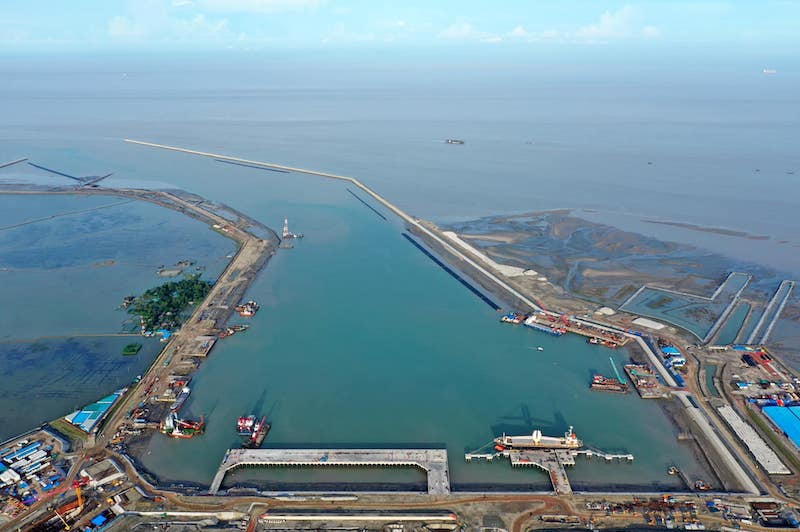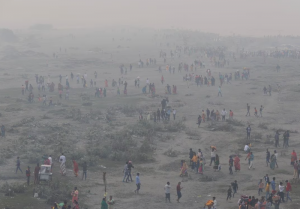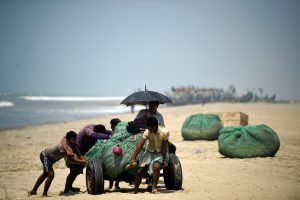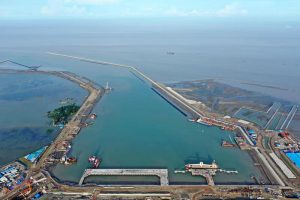Japan should stop funding the construction of a coal-fired power plant cluster in Bangladesh as the emissions it produces will accelerate global warming and put the low-lying country at greater risk of climate-change impacts, youth activists said on Friday.
Japanese trading house Sumitomo, along with Toshiba and IHI Corporation, is building the 1,200-megawatt Matarbari power plant in Maheshkhali near the southeastern coastal city of Cox’s Bazar, funded by the Japan International Cooperation Agency.
Climate campaigners said the project contradicts Japan’s commitment, made with other wealthy G7 nations last May, to end funding for “unabated” coal power overseas by the end of 2021.
Coal is considered unabated when it is burned for power or heat without using technology to capture the resulting emissions, a system not yet widely used in power generation.
The eight plants at Matarbari would constitute one of the largest coal-fired power plant clusters within 10 square kilometres anywhere in the world, according to the Centre for Research on Energy and Clean Air in Finland.
Livelihoods at Risk
The power plant under construction at Cox’s Bazar, along the world’s longest beach, puts the lives and livelihoods of locals at risk and will add to broader climate woes, activists said.
Bangladeshi officials said all possible measures were being taken to reduce the negative consequences of the fossil-fuel power plant.
Kentaro Yamamoto, an activist with student movement Fridays for Future Japan, said international support for such energy infrastructure was being offered to Asian countries as “development assistance” but was “destroying the environment”.
Aactivists and environmental scientists from the region said Japan should stop investing in dirty energy, in order to limit global warming to 1.5 degrees Celsius in line with internationally agreed climate goals.
“This project is hurting the people of Bangladesh and this planet. About 20,000 people will lose land, homes and jobs, flooding will get worse and about 14,000 people could lose their lives due to the toxic waste,” Yamamoto told an online event.
- Reuters, with additional editing by George Russell
READ MORE:
With better GDP, per capita ratings Bangladesh outshines India, Pakistan
Climate Change Worsening Toll on Outdoor Workers, Says Study
Deft handling of giant neighbours helps lift Bangladesh, South Asia’s rising star
























